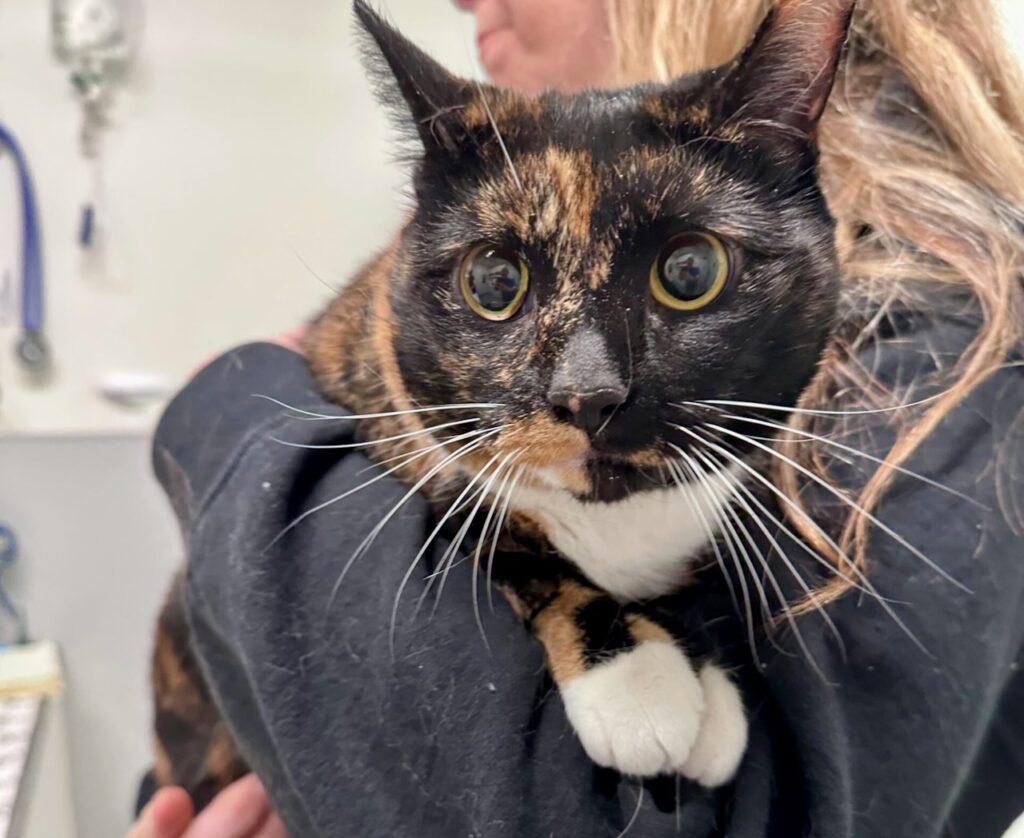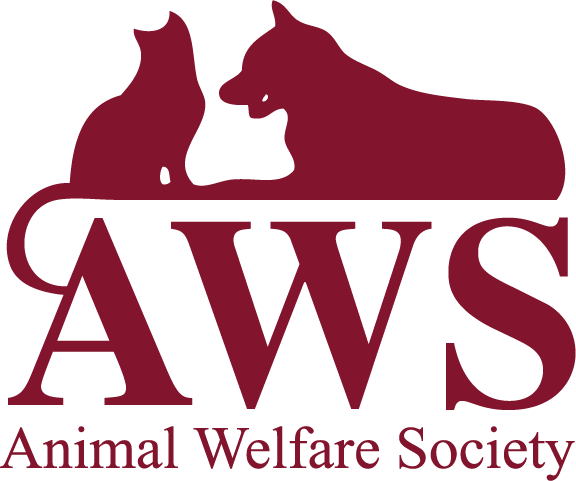
Claiming your pet
We’re glad we were able to care for your pet while it was missing. We love happy reunions.
We do not charge a fee to claim your pet, though we are always happy to accept donations. Some towns we contract with for animal control services charge impound fees, which we may collect at time of claim and send to your town, or can be paid at your city/town hall prior to picking up your pet at AWS.


